Dogwise Solutions
Gentle Hands Off Dog Training
Sarah Whitehead
Dogwise Publishing
A Division of Direct Book Service, Inc.
403 South Mission Street, Wenatchee, Washington 98801
1-509-663-9115, 1-800-776-2665
www.dogwisepublishing.com / info@dogwisepublishing.com
2010 Sarah Whitehead
ISBN: 978-1-929242-73-3
All rights reserved. No part of this book may be reproduced or transmitted in any form or by any means, electronic, digital or mechanical, including photocopying, recording or by any information storage or retrieval system without permission in writing from the publisher.
Limits of Liability and Disclaimer of Warranty:
The author and publisher shall not be liable in the event of incidental or consequential damages in connection with, or arising out of, the furnishing, performance, or use of the instructions and suggestions contained in this book.
Printed in the U.S.A.
Sarah Whitehead, BA(Hons), Msc. Pet behavior specialist, author and internationally recognized speaker, lives and works in England. Sarah is a member of the APBC (Association of Pet Behavior Counsellors), APDT (Association of Pet Dog Trainers) and Director of Alpha Education, an organization offering accredited and practical courses in canine behavior and training. Sarah lives in Berkshire, UK with her three dogs. To find out more about accredited courses in canine behavior and training in England, or for more details about our training philosophy, please visit www.cleverdogcompany.com.

Contents
If you would like to train your dog between putting the kettle on and making a cup of tea, or want to practice what you already know during the commercial breaks on the TVthese methods are ideal for you.
This booklet is designed to help you teach your dog or puppy the basics for everyday living. If you want to take your dogs training further, or have a behavioral problem with your dog, you may need specialist help.
For a fun, gentle training class or a progressive puppy socialization group, go to the Association of Pet Dog Trainers website (www.apdt.com) for details of members in your area. For help with dog behavioral problems visit www.iaabc.org.
Much talk about dogs these days revolves around rankleadership, the pack structure, dominance and social hierarchies.
However, contrary to popular belief, dogs are NOT trying to challenge you for leadership or take over the world, they are just doing what comes naturallyand what feels good!
The psychology of dog training is simplewhat gets rewarded gets repeated. This means that when your dog does something you dont like, such as jumping on a visitor, if you react by grabbing his collar, shouting and getting wound up, that is rewarding to him and hell do it again.
Instead of thinking of your dog as a challenger, try to think of him as a team memberan integral part of your family.
In an ideal world, all dogs would love all people. They would wait for a human hand to come toward them with pleasure, knowing that a hand means affection, love, enjoyable physical contact, and food.
Hands-off training means teaching just thatwithout force or confrontationand having some fun along the way, too. It is designed to ensure that you have mind control over your dognot just physical control. Most of all, your dog should love it!

Training dogs has come a long way in the past few years. Gone are the days of I say, you do, choke chains or force. Kind, motivational training is about developing good communication skills with your dog: about learning a little canine language, while teaching a little human language, too.
Dogs love to learn. In fact, the more successful they are at learning new tasks, the more confident they become and the more they want to learn.

Using food as a lure and reward is fast, simple and effective. Its something youve got which your dog wants. It can be used to position your dog without having to place your hands on him, except to reward and praise him. This makes it a perfect way to train dogs who are nervous, over-excitable, or have had previous bad experiences with training. People without full mobility find it just as easy to train their dog, and young children can assume complete control over even large dogs because they never have to pit their strength or size against them.
Its unusual to find a dog which doesnt like food treats at all, but a few do exist. If yours is one of these, use your imagination! Perhaps there is one special treat he adores (cubes of cheese or liver treats), or maybe he likes toys, affection or playing games instead.
Of course dogs, and people, make mistakes when they are first learning any new skill. People and dogs learn much faster if their mistakes are totally ignored, while their successes, no matter how small, are praised and rewarded. If your dog consistently makes mistakes one day or suddenly falters over something he seemed to know perfectly well the day before, ignore it completely and give yourselves some time doing something else instead, like playing or resting. Just like us, dogs dont learn the right things if they are stressed, tired, hungry, or need to relieve themselves. The chances are, hell be back in top form when you try it the next time.
Make it fun! Above all, relax and enjoy it!
Make a list of your dogs top three rewards that you can use in training, for example:
1. Pieces of cooked chicken
2. Tiny bits of hot dog
3. Playing tug
Training is a science, and although you dont need to understand technical details to be an effective trainer, one aspect will help you enormouslythat is using a clear signal of reward.
Throughout this booklet, I will refer to a training tool called a clicker. A clicker is a small plastic box, containing a flexible piece of metal, that makes a double click, click sound when pressed and released. This tiny tool has revolutionized the training of marine mammals, chickens (yes, really!) and now dogs.

The clicker acts as an interpreter between human and dogtelling the dog exactly what he did to get the reward.
Its like putting a  next to the correct answer on a childs school homeworkit says Thats why you got the reward (a good grade).
next to the correct answer on a childs school homeworkit says Thats why you got the reward (a good grade).
Using the clicker in training has many advantages. The two major ones are:
 Its always positive. This means whenever your dog hears the sound he knows he will get a reward. You can give clear information to your dog about his actions, up close or from a distance, without your own feelings about your boss or the weather getting in the way.
Its always positive. This means whenever your dog hears the sound he knows he will get a reward. You can give clear information to your dog about his actions, up close or from a distance, without your own feelings about your boss or the weather getting in the way.
 Its accurate. The clicker will hone your timing like nothing on earth. This makes it possible to mark tiny behaviors, such as the turn of a head, the movement of a paw, or even a reflex action such as a sneeze!
Its accurate. The clicker will hone your timing like nothing on earth. This makes it possible to mark tiny behaviors, such as the turn of a head, the movement of a paw, or even a reflex action such as a sneeze!
Clickers are now widely available: check out www.dogwise.com. Good substitutes for a clicker are a retractable ball point pen or a Snapple bottle lid (really!).
Next page
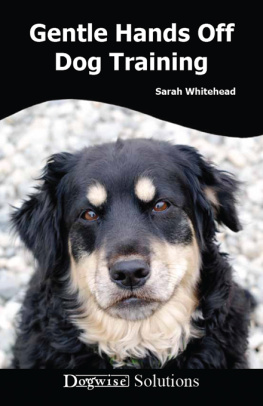
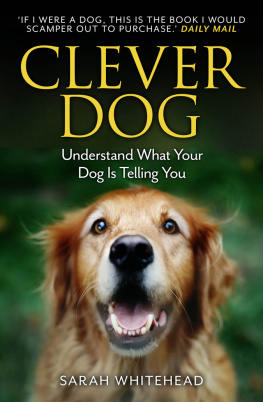
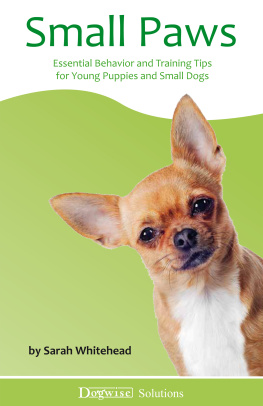
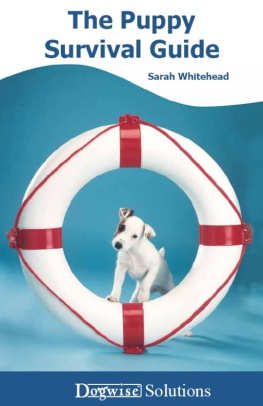
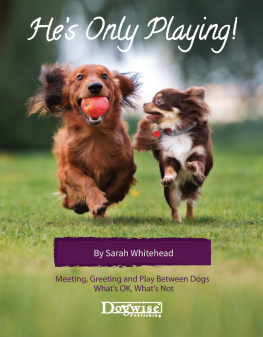
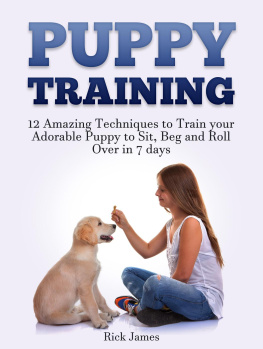
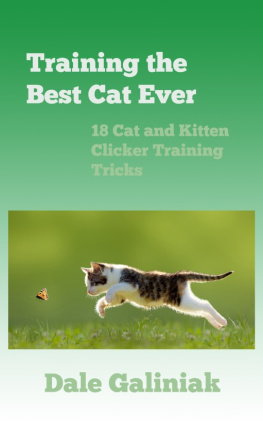
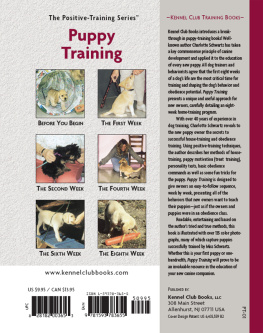

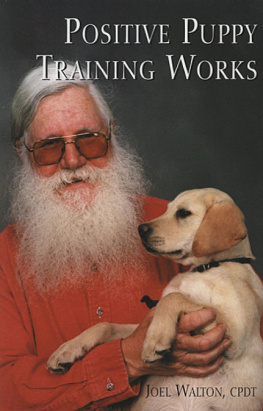


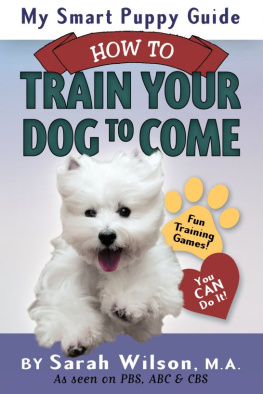




 next to the correct answer on a childs school homeworkit says Thats why you got the reward (a good grade).
next to the correct answer on a childs school homeworkit says Thats why you got the reward (a good grade).